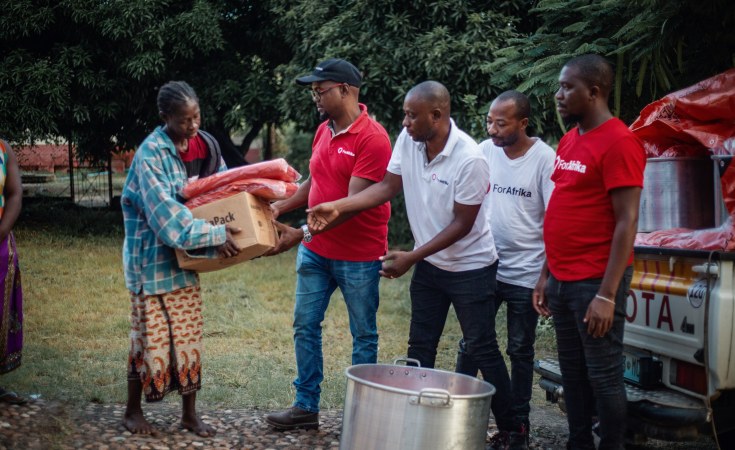Antananarivo — Cyclone Freddy is expected to make landfall on Monday as a Category 5 cyclone, with wind gusts of up to 165 mph and could affect as many as two million people living in the storm path. It is the strongest storm to form anywhere on Earth in 2023 and one of only five category 5 storms ever recorded in February, which could cause torrential rains, widespread flash flooding, dangerous landslides and even deaths.
Cyclones Storm Batsirai and Intense Tropical Cyclone Emnati, which tore through south-east Madagascar last year and were among the strongest tropical cyclones to hit Africa and the southern hemisphere, were Category 3 cyclones. The two storms killed more than 200 people and caused significant crop and infrastructure damage, including the severe flooding of 60,000 hectares of rice fields, according to The Famine Early Warning Systems Network.
Save the Children's Programme Director for Madagascar, Tatiana Dasy, said: "The risk for dangerous storm surge, flooding and strong and damaging wind is increasing by the minute and we're terribly worried for families and children living on the storm path. We know more than two million people, including one million children, are facing increased danger as the storm gathers speed.
"We are concerned that the number of climate-related disasters is increasing in Madagascar and repeatedly decimating farming and livestock, driving displacement, and pushing millions into acute hunger.
"Save the Children has been responding to the impact caused by six tropical storms last year and has reached over 6,000 children and their families through cash transfers, health outreach services, child protection and hygiene materials. But as fresh cyclones make landfall people in need of humanitarian aid are bound to increase and more funds will be required to alleviate suffering for families and children."
Save the Children is raising the alarm over the increase in frequency and intensity of tropical storms in the southern Africa region. Cyclone Freddy will be the second cyclone to hit Madagascar this year, after January's devastating Cyclone Cheneso, which killed 33 people, left 20 missing, and left 34,000 people homeless. The organisation is expressing concerns over what could be a deadly cyclone season this year in the region, adding that these extreme weather events are becoming more frequent as a result of the climate crisis. Save the Children calls for higher-income countries such as the UK to increase climate funding, to support children, who are on the sharp end of the crisis.
The organisation is expressing concerns over what could be a deadly cyclone season this year in the region, adding that these extreme weather events are becoming more frequent as a result of the climate crisis.
Save the Children has been working in Madagascar since 2016, specialising in cash-based and protection assistance.


